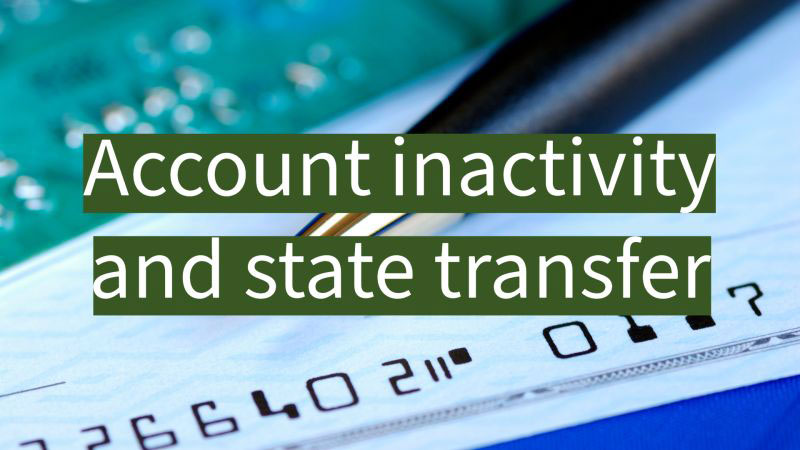Have you ever wondered what happens when a checking account becomes inactive for several years and is sent to the state after the account holder’s passing?

When a checking account remains dormant for a certain period – typically three to five years – it can be deemed “unclaimed” or “abandoned” property by the bank. This is true whether the account holder is alive or deceased. If the bank’s attempts to contact the account holder are unsuccessful, legal requirements often compel the bank to transfer the account to the state’s unclaimed property division, a process known as “escheatment.”
Once the account is escheated to the state, the responsibility falls on the state to locate the rightful owners or heirs. Every state has its unique unclaimed property laws and procedures, but generally the state just holds onto the account indefinitely until the owner or the heir claims it.
In the unfortunate event that the account holder has passed away, the executor or administrator of the estate, or the decedent’s heirs, have the opportunity to claim the account from the state. This typically involves providing evidence of the account holder’s demise, establishing their own identity, and demonstrating their legal right to inherit the account.
It’s essential to note that the rules and procedures for claiming unclaimed property vary from one state to another. To get specific guidance, it’s advisable to consult with a local attorney or reach out to the state’s unclaimed property division.
See all of our estates posts
Whether you're starting an estate plan or have had one for years, have us review it to make sure that your wishes are protected. Call (833) 256-6644 or use our form to
schedule a consultation.
HUNSINGER LAW GROUPHelping secure your legacy and peace of mind
